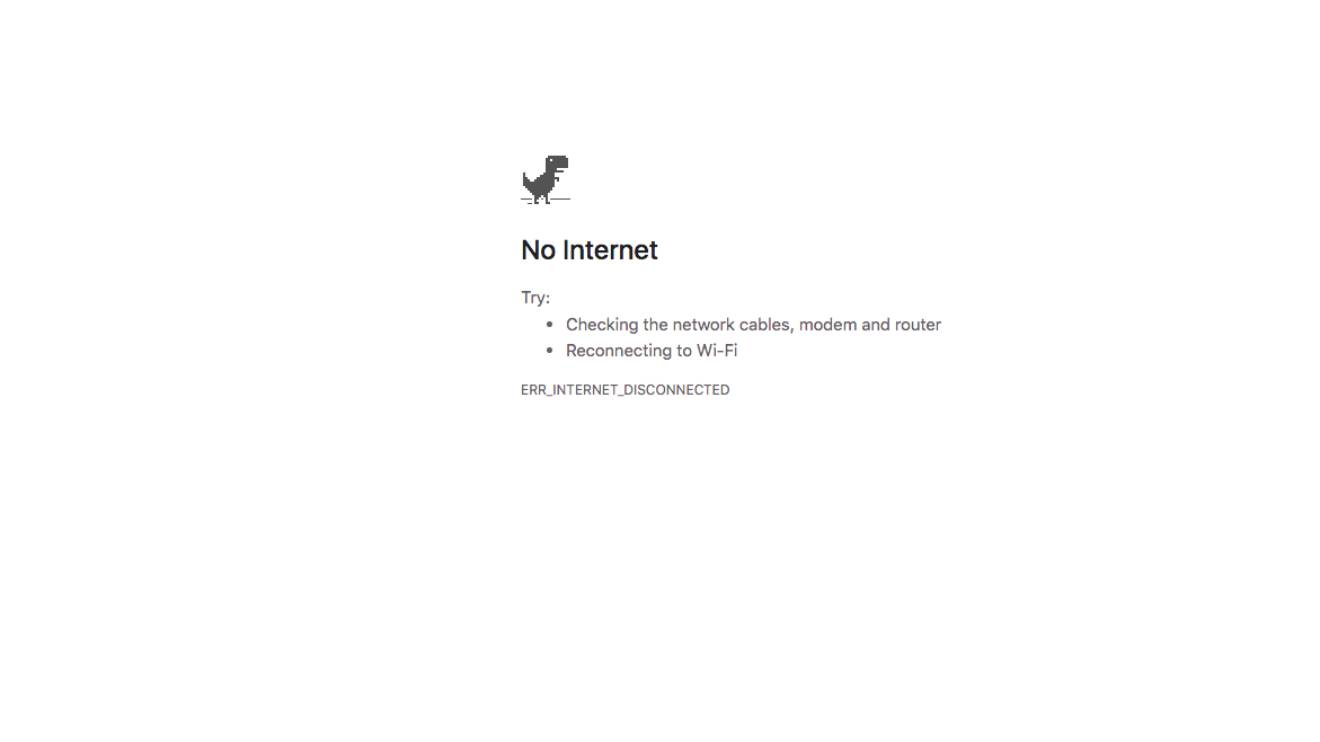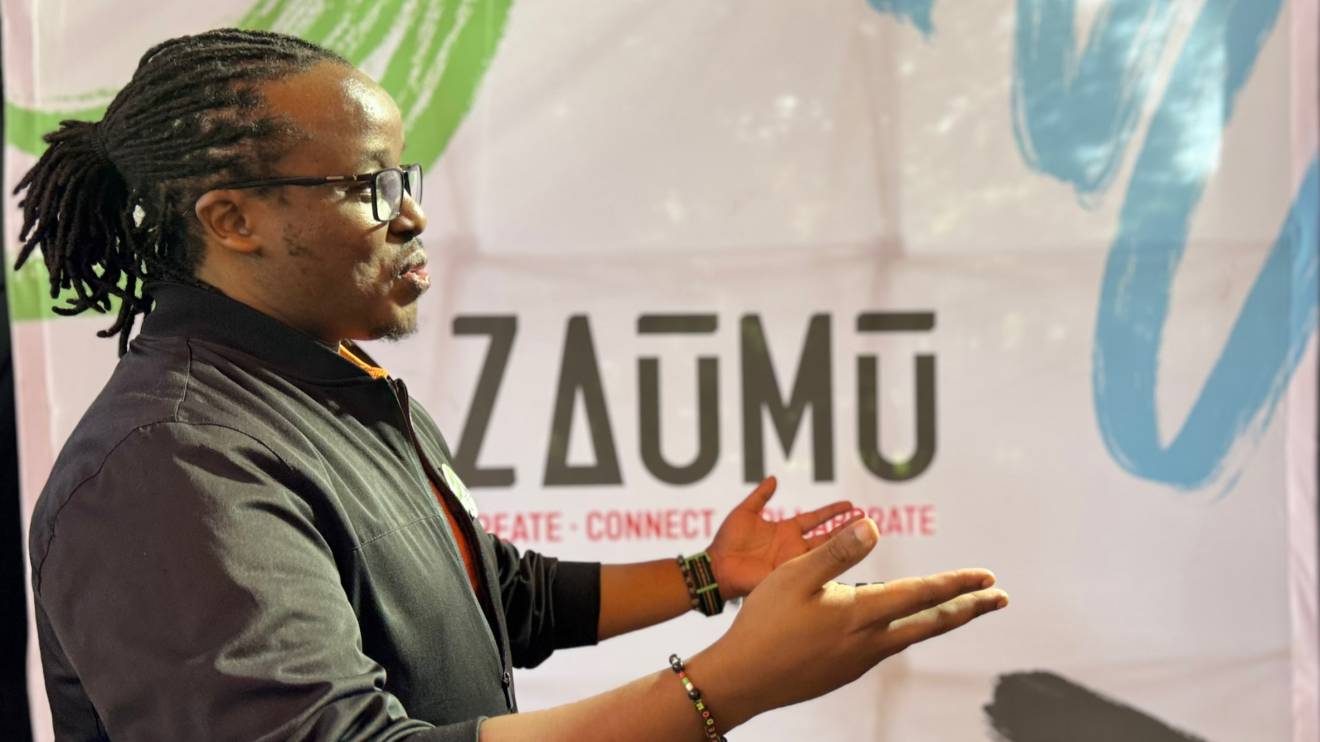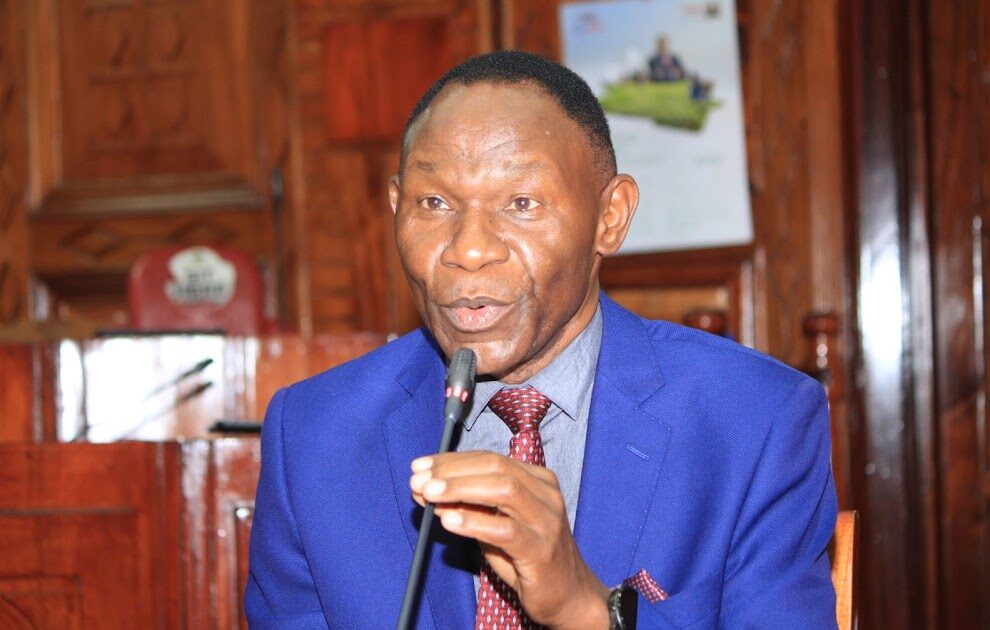The government is preparing to amend the Cyber Crime Act to counter the growing danger of online misinformation, Government Spokesperson Isaac Mwaura revealed on Tuesday, warning that the unchecked spread of falsehoods online has become a national security concern.
Mwaura explained that while digital platforms have opened up access to information, they have also overwhelmed official government communication efforts.
“The democratisation of cyberspace has made government communication akin to watering the ocean with a kitchen garden pipe,” Mwaura remarked, reflecting the vast imbalance between controlled government messaging and the chaotic flow of viral social media content.
He pointed to the recent uproar over the Finance Bill, saying unverified online claims partly fueled the storm of public anger.
“This is no longer just a communications issue. It’s a cybersecurity threat,” Mwaura said, underscoring the seriousness with which the government views the matter.
Read More
According to Mwaura, certain groups have been using platforms such as TikTok to promote anti-government narratives, glorify coups, and chip away at public confidence in Kenya’s constitutional system.
These activities, he argued, show why the government sees the need to revise current laws, ensuring that while digital freedoms are respected, they are balanced with a sense of responsibility.
While affirming the administration’s commitment to upholding freedom of expression, Mwaura noted that such rights must not endanger civic duty or national safety.
Offering international examples, he warned that the consequences of unchecked misinformation could be severe, drawing parallels to the social upheavals of the Arab Spring and the data manipulation scandal of Cambridge Analytica.
The government’s push to reform the Cyber Crime Act now places Kenya at a crucial juncture: how to protect free speech while ensuring that the digital space does not become a tool for social unrest or the weakening of democratic institutions.








 (1)-1746706738.jpg)

-1746699559.jpeg)
